Demei's View - Wine Communication from a Chinese Winemaker
I was visiting the cities in Southern China for most of the time in the past few months. Some friends asked me, ‘are grapes and wines also being produced in these cities, like in Northern China?’ as they all know I am always dreaming of visiting every wine region in the world. Wines are not being made in these cities, but they are the most important Chinese wine consumption market.
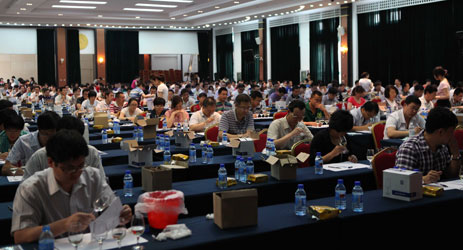
Guangdong and Fujian are the outposts of wine sales and consumption in China. As in other industries, these areas have been leading the economic development in China since the reform and opening up, thanks to their advantageous geographical position and strong overseas connections. Nowadays, they are playing the same role in the wine industry. Of course I did not go there to make wines, but to attend wine training courses organised by local wine associations or wine companies. Wine knowledge and wine culture are becoming more and more important to them rather than simply selling and buying wines as in previous years. I was impressed during the training courses that people – regardless of whether they are the boss of a wine company or sales employees on the front lines– have a very strong desire for wine knowledge.
As time passes, I began to wonder if this indicates that the Chinese wine consumption market is about to experience another welcome upgrade?
Thinking about it, maybe there are some signs. According to WSET, China became their biggest market at the end of 2012, with the number of registered students reaching over 6,000. Ian Harris, the CEO of WSET, said that the explosion of WSET students in China proved that the importance of wine education in China was growing steadily. The students were keen to get wine knowledge; they even believed that more knowledge in wine would bring them a better job or opportunities of promotion. Therefore, they took the wine courses and certificates as a springboard to the next step in their careers.
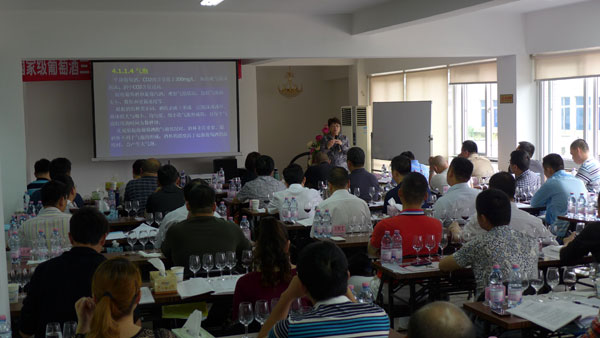
However, it is hard for the home-grown wine companies to organise trainings that are geared to international standards. Thus, the Ministry of Human Resources and Social Security of China has formulated the professional grade certification standard of Wine Tasters and of Enologists, and started trainings and exams in the past two year. This is also the reason for me to travel a lot to Southern China as mentioned at the beginning of this article.
Traditionally, Chinese people prefer the title of ‘Wine Taster’ by the effects of the characteristics of the Chinese baijiu industry, although it is not easy to match the professional titles in the international wine industry. But no matter what title it is, the formulation of the standard could provide guidance for people who studying the basic knowledge of wine. There is no doubt that passing the exam and getting the certificate will be helpful whether for job hunting and recruitment or for the improvement of practitioners’ service ability.
In the last few years, the methods of wine marketing and promotion in China were normally telling the history of the wineries or emphasising that drinking wine is good for health. Obviously this simple and straightforward approach cannot meet the market demands at present.
I have some friends who had sales experience in the Chinese wine scene for nearly 20 years and are arranging training for their employees. Talking to them, I had a feeling that during the past six months, the development of the Chinese wine market has stagnated whilst the promotional events in China for wines from other regions in the world were emerging in an endless stream.
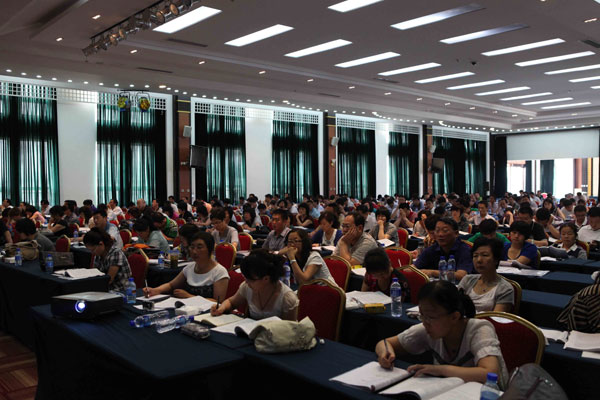
This is a perfect time for staff training. In the last twenty years, the Chinese wine scene was changing quietly: at the beginning, the product was the business advantage for distributors, as there was a shortage of supply, and control of the product is equal to the control of the market. Then, the sellers with financial strength would monopolise the consumer places by ‘buying stores’ (being the exclusive supplier to licensed premises like restaurants and clubs which have high volume of wine consumption) in order to reinforce their dominant places in the market. This is because the consumers have not been able to clearly express their requirement in this period. Wine was just another alcoholic beverage for them other than spirits and beer. With the development of the wine market, consumers had access to more information about wines, and a significant amount of consumers had the ability to put forward specific requirements of the diversity of wine products and the differences of quality. At this level, business owners inevitably had the demand to enrich their products and to enhance the knowledge and ability of their employees, so that they could meet the demands of the consumers, and seize the business opportunities under the current market condition. There, as a result, is the prosperity of the wine training market, as described above.
So, as a distributor, are you ready for the transition of the Chinese wine scene?
Translated by Nina Fan Feng / 冯帆
All rights reserved by Future plc. No part of this publication may be reproduced, distributed or transmitted in any form or by any means without the prior written permission of Decanter.
Only Official Media Partners (see About us) of DecanterChina.com may republish part of the content from the site without prior permission under strict Terms & Conditions. Contact china@decanter.com to learn about how to become an Official Media Partner of DecanterChina.com.


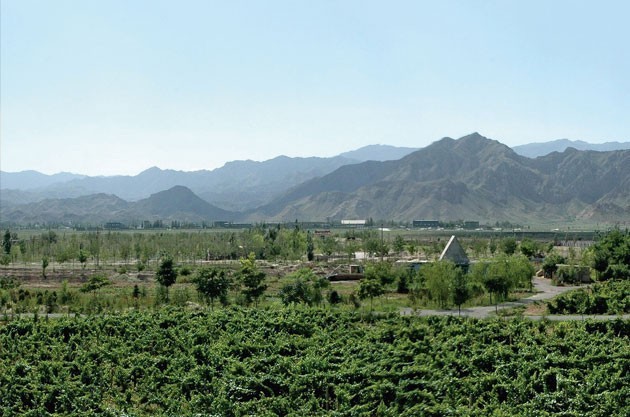
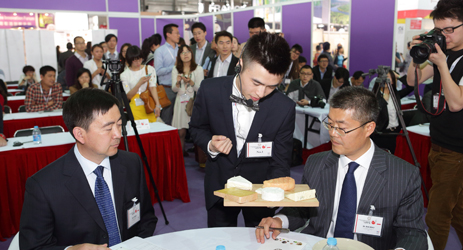
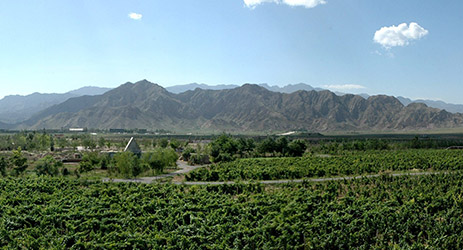
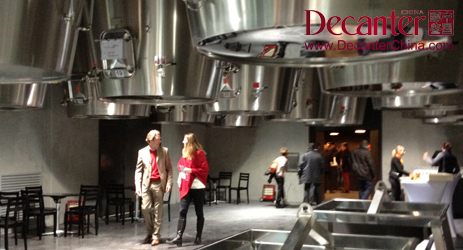
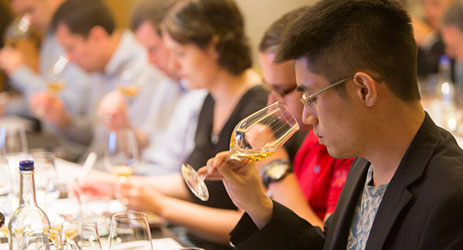
Comments
Submit